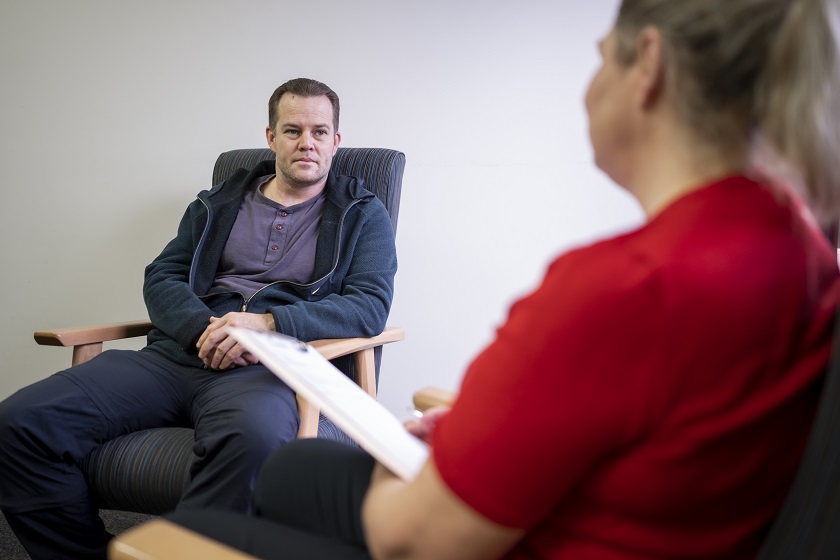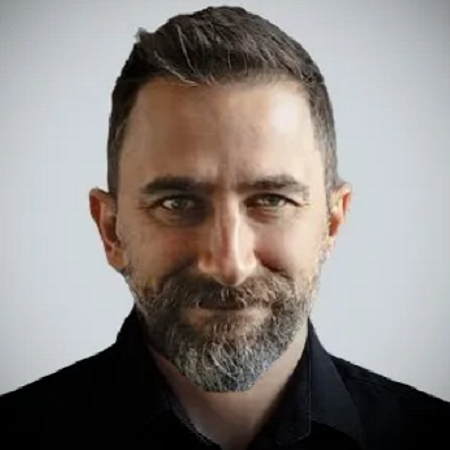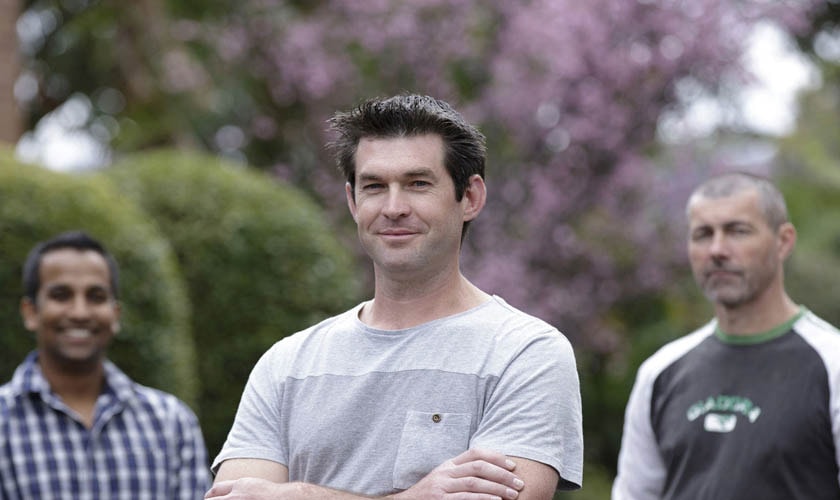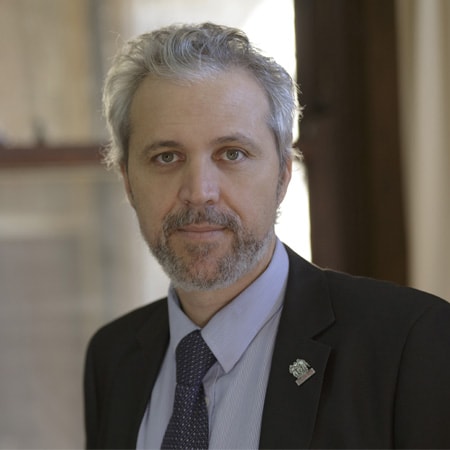It’s more accurate – and more helpful – to think of PTSD as an injury. We are all human and, no matter how big and tough we are, if the right thing hits us in the right spot, we can all be injured.
The tell-tale signs of PTSD include:
- heightened physiological arousal
- hypervigilance
- an exaggerated startle response.
- irritability and anger
These are often linked to being haunted by the past via disturbing intrusive memories and nightmares.
The cause:
There is well-established research about the causes of traumatic stress injuries and an ever growing scientific understanding about how the body’s stress, memory and survival systems can be changed by traumatic events.
In this literature, events that threatened one’s life create a sense of helplessness, fear and vulnerability, overwhelming the brain’s capacity to digest this experience, particularly when it occurs in an environment that doesn’t provide support or undermines recovery in some way.
However, for many people, this way of understanding PTSD does not account for the full range of experiences that can cause deep psychological wounds.
Other types of traumatic stress injuries:
There is fast growing literature highlighting other types of traumatic injuries that cause PTSD.
Moral injury:We may be exposed to events that involve horrifying scenes, deep betrayal or behaviour that either deliberately or accidentally violates our morals and sense of what is right.
These can create a sense of threat and harm to one’s moral integrity that is every bit as real as physical danger.
Such experiences trigger moral distress in the form of shock, horror, hopelessness and demoralisation, which can lead to moral injury. It often includes many of the same symptoms of PTSD but also include themes of embitterment, anger, injustice, guilt and shame.
Traumatic loss:
Traumatic loss is often an overlooked cause of traumatic injury. It occurs when someone is exposed to the sudden, unexpected and sometimes violent death of another person, for example in combat, and finds themselves dwelling on these events and their meaning.
There is often a strong sense of personal connection with the deceased person and feelings of responsibility, guilt, helplessness, and unbearable sorrow. It is also marked by an inability to accept the loss and difficulty resuming normal activities, with concern that the person not be forgotten or dishonoured.
Treatment for PTSD:
Undiagnosed PTSD, with its chronic stress, anxiety, anger and guilt, can go unchecked for years, and sometimes decades. This can have a significant impact on someone’s health and their relationships with family and friends.However, PTSD doesn’t have to be a life sentence and you don’t have to suffer alone.
There is treatment available which, although challenging, can be tailored to the specific and very personal nature of your traumatic stress injuries and set you on the path to recovery, allowing you to feel less haunted by the past and able to enjoy more meaningful connections with the people who matter.







